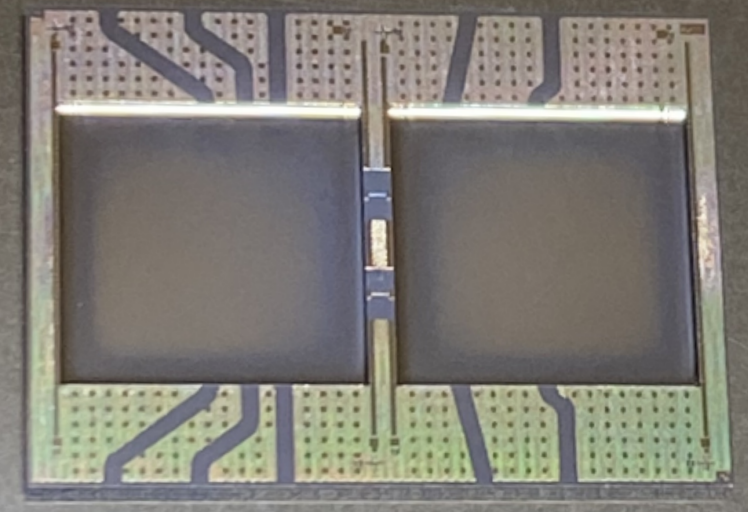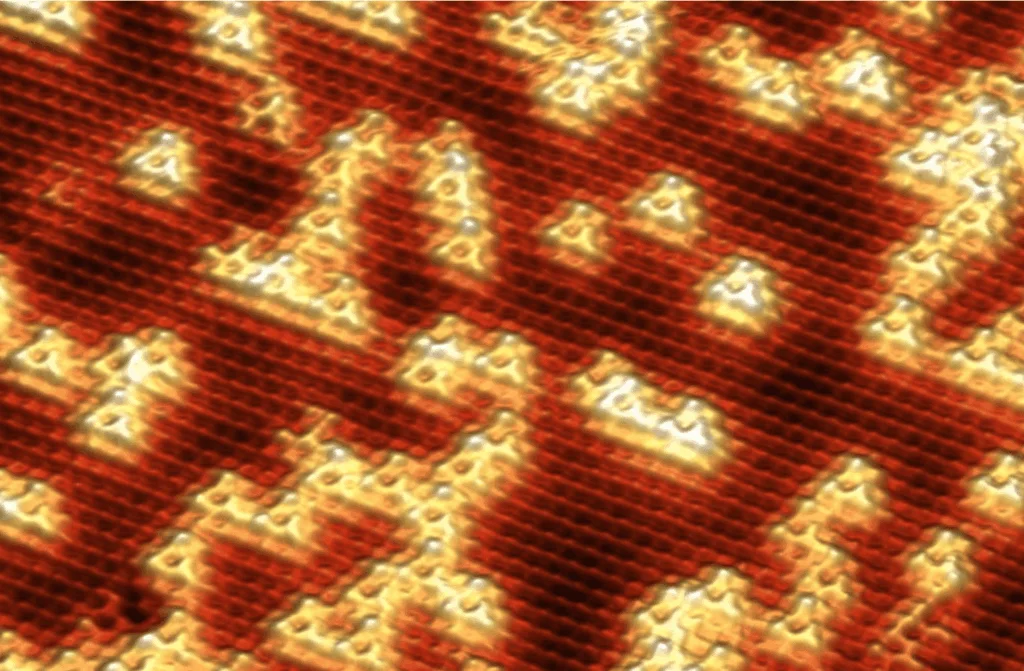Insider Brief
- Rigetti introduced an innovative multi-chip tunable coupler designed to facilitate qubit interactions across separate chips.
- The core of this approach rests on a floating tunable coupler.
- The work may set the stage for the expansion of quantum systems, promising larger qubit count processors without sacrificing gate performance.
Rigetti, a leading quantum technology company, reports it is introducing an innovative multi-chip tunable coupler designed to facilitate qubit interactions across separate chips. This development presents a promising shift in quantum computing architectures, offering scalability and improved quantum processor performance, according to a study on the pre-print server ArXiv and a company social media post.
The core of this approach rests on a floating tunable coupler, carefully engineered to mediate interactions between qubits located on different chips, forming a modular quantum architecture. Rigetti’s team demonstrated three distinct designs of this multi-chip tunable coupler, each using inventive techniques to ensure seamless qubit coupling.
These designs employ either vacuum gap capacitors or superconducting indium bump bonds to connect the coupler to a microwave line on a common substrate, subsequently linking it to qubits on adjacent chips. What sets this development apart is its achievement of a zero-coupling condition between qubits on separate chips, eliminating the need for direct qubit-qubit capacitance, the study said.

One of the primary concerns in implementing multi-chip quantum systems is the potential performance degradation due to additional circuit elements. Rigetti’s comprehensive experimentation, however, answered these concerns, according to the study. The team showed that the relaxation rates for both the coupler and qubits remain largely unaffected by the introduction of these extra circuit elements.
Rigetti has successfully demonstrated two-qubit gate operations with fidelity levels comparable to qubits connected via a tunable coupler on a single chip. The incorporation of indium bonds into the coupler arms did not degrade qubit coherence or impact the efficiency of two-qubit gates, marking a significant advancement in quantum computing, as indicated by the study.
The Architecture of Multi-Chip Quantum Coupler
The company designed innovative architecture to underpin the multi-chip tunable coupler, as reported in the study. It spans multiple chips, using either vacuum gap capacitors or indium bump bonds in the coupler arms to route signals through intermediate chips. This combination allows for the integration of a low-error coupler with modular assembly techniques.
Remarkably, the design’s flexibility, enabled by the floating coupler, eliminates the need for direct qubit-qubit capacitance, according to the study. This freedom to place qubits on separate chips enhances the potential for scaling up quantum processors without compromising performance.
Rigorous Experimental Validation
Rigetti meticulously validated this multi-chip tunable coupler architecture on three different devices, covering various configurations where the coupler bridges three or four chips. The results revealed net coupling values comparable to single-chip devices, in line with the study’s findings.
Moreover, the coherence times of both the multi-chip coupler and the coupled qubits showed minimal performance degradation, the study said. In tests measuring qubit-qubit interactions, the system exhibited impressively high fidelities, with results reaching up to 99.1% during a 56 ns CZ gate with a coupler spanning four separate chips.
This achievement builds upon Rigetti’s established tunable coupler technology, as seen in the Ankaa™-1 system. It substantially reduces unintended coupling between qubits and enables swift, high-fidelity two-qubit gates, as detailed in the study.
Rigetti has been a pioneer in using modular assembly techniques to create larger quantum processors from smaller units, according to a company LinkedIn post. With this new multi-chip coupler design, they have successfully united qubits across four different surfaces, achieving impressive two-qubit gate fidelities of up to 99.13%. This development may set the stage for the expansion of quantum systems, promising larger qubit count processors, according to the study.
The team writes in their social media post: “This new coupler design brings together two qubits across four different surfaces and was used to demonstrate 56 ns two-qubit gates reaching fidelities as high as 99.13%. We believe that new work should allow us to tile future Ankaa systems with tunable couplers to create larger qubit count processors without sacrificing gate performance.”
If you found this article to be informative, you can explore more current quantum news here, exclusives, interviews, and podcasts.















